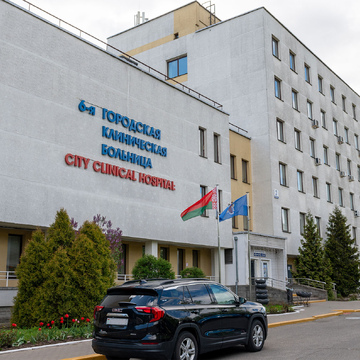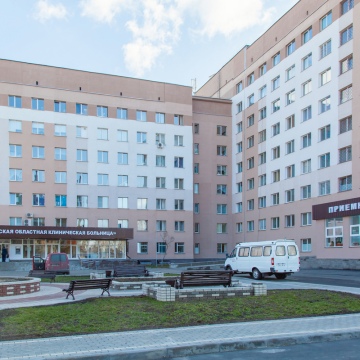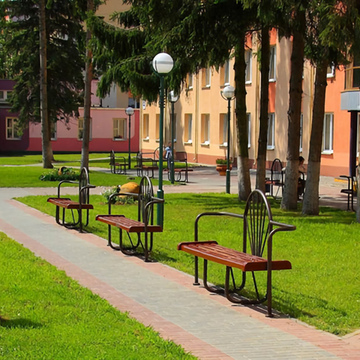
An allergist consultation is a meeting with a medical specialist who diagnoses, treats, and prevents allergic diseases. An allergist helps determine the causes of allergies, conducts special tests to identify allergens, and develops an individual treatment plan. An allergist treats conditions such as allergic rhinitis, asthma, urticaria, food allergies, atopic dermatitis, and insect bite allergies.
When should you see an allergist?
- Frequent allergic reactions. Constant runny nose, sneezing, itchy eyes, hives or Quincke's edema.
- A persistent cough or shortness of breath. Symptoms that may indicate allergic asthma.
- Reactions to food or medications. Food allergies or reactions to medications require evaluation and an individualized treatment plan.
- Severe allergic reactions. Anaphylaxis or severe allergic symptoms requiring immediate medical attention.
- Suspected allergic skin diseases. Atopic dermatitis, contact dermatitis or other skin rashes.
- Ineffectiveness of standard allergy treatment. If traditional methods do not help, an allergist consultation is required to select a new treatment.
How does a consultation with an allergist take place?
- History taking. The doctor asks the patient in detail about the symptoms, the time of their appearance, duration, possible provoking factors, as well as the presence of allergies in family members. It is also important to tell the doctor about previous treatment and medications that you have taken.
- Examination and initial diagnostics. An allergist can examine the skin, mucous membranes of the nose and respiratory tract to assess the patient's general condition.
- Order diagnostic tests. Depending on your symptoms, your doctor may order allergy tests (skin tests), blood tests for specific antibodies (IgE), or provocative tests to identify allergens.
Methods of allergy diagnostics in Belarus
- Skin tests . Small amounts of allergens are applied to the skin, and the doctor evaluates the reaction after 15-20 minutes. This method helps to quickly determine which substances are causing an allergic reaction.
- Blood test for specific IgE. Allows you to determine the presence of antibodies to certain allergens. This method is suitable for people with skin diseases or for those for whom skin tests are contraindicated.
- Provocative tests . An allergen is injected directly into a target organ (such as the nose or bronchi) to assess the body's reaction. Such tests are only performed under strict medical supervision.
- Diagnosing food allergies: Your doctor may suggest keeping a food diary to identify foods that trigger symptoms and order food challenges if needed.
Consulting an allergist in Belarus is an important step for people who suffer from allergies or suspect their presence. The doctor will help establish an accurate diagnosis, identify allergens and choose the best treatment plan. This will significantly improve the quality of life and help avoid serious complications. If you experience allergy symptoms, do not delay visiting a specialist to start treatment in a timely manner.
Q&A
Да, кожные пробы безопасны для детей и могут проводиться с раннего возраста. Врач подбирает безопасный и щадящий метод диагностики для каждого пациента.
Аллергию нельзя полностью вылечить, но с помощью специфической иммунотерапии и правильного лечения можно значительно снизить симптомы и улучшить качество жизни.



